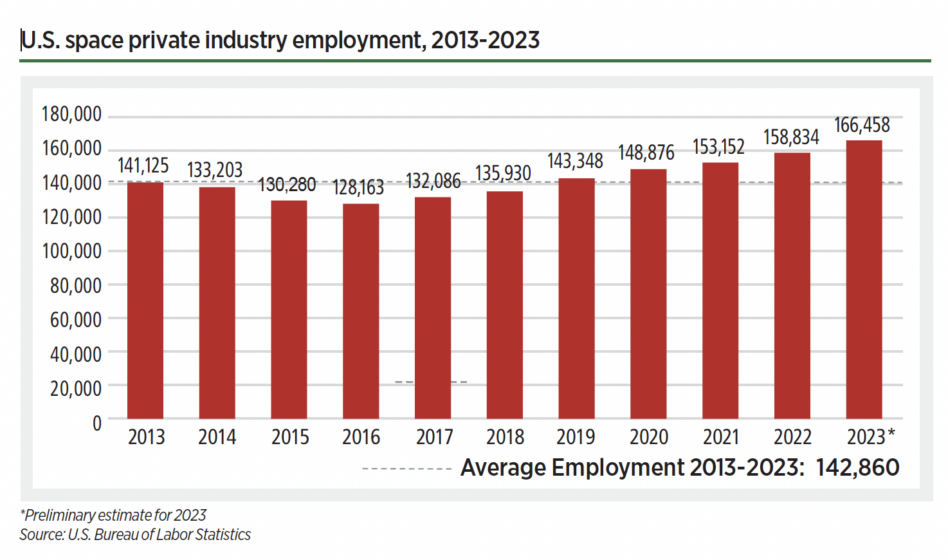Comtech ($CMTL) announced last week that it is looking to sell its terrestrial 911 emergency call infrastructure business to go all-in on space comms.
The Board of Directors said the company is “in the midst of a transformational journey,” and proceeds from the potential sale will help rightsize its balance sheet.
A bit lopsided: In Q3, the company reported $128M of revenue, a 6% YoY decline. Comtech carries ~$160M of debt, $27M of cash on hand, and a tiny $109M market cap, down over 50% YTD.
Tough times call for tough measures. For management, that means offloading their faster-growing, higher-margin, and more valuable business line.
Goodbye, Next Generation 911 (NG911) terrestrial emergency calling:
- NG911 is an upgraded emergency response system that allows people to connect from more devices via voice, text, or video. A July FCC ruling established a new framework that could help speed up the nationwide adoption of NG911.
- The division generated $56.6M of Q3 revenue, supporting a strong $11.3M Adjusted EBITDA.
- The segment doubled its booking this year, including a $140M Massachusetts contract renewal.
Satcom business:
- The company’s satcom products include modems, signal-boosting amplifiers, and troposcatter tech.
- The segment primarily serves the DoD and large defense contractors, providing connectivity and coordination to warfighters across branches—a focus area for the military.
- With rising geopolitical tensions and defense spending, the company views the business as ripe for growth, despite declining quarterly sales.
- In Q3, the division generated $71.4M of sales, down both YoY and QoQ.
Debt, debt, debt: In addition to exploring the possibility of divesting nearly half its business, Comtech also announced last week it raised an additional $25M of high-yield subordinate debt—adding to the company’s debt burden until a sale can be completed.
The company has struggled with its debt overload for quite some time now, having recently closed a $222M credit facility in June to refinance debt that was coming due in October.
With a market cap of just over $100M, the company is in survival mode to ward off the banks.
Its 911 emergency infrastructure business generates a healthy ~$40M in annual Adjusted EBITDA. A sale of the division could return a pretty penny, taking care of that pesky debt problem. The company is also exiting a UK subsidiary this year, which they expect will net ~$10M of annual cash savings.
The move coincides with a challenging period for publicly traded space stocks. As cash reserves shrink, public markets become less inclined to provide funding, and management increasingly mentions “seeking strategic alternatives.”





